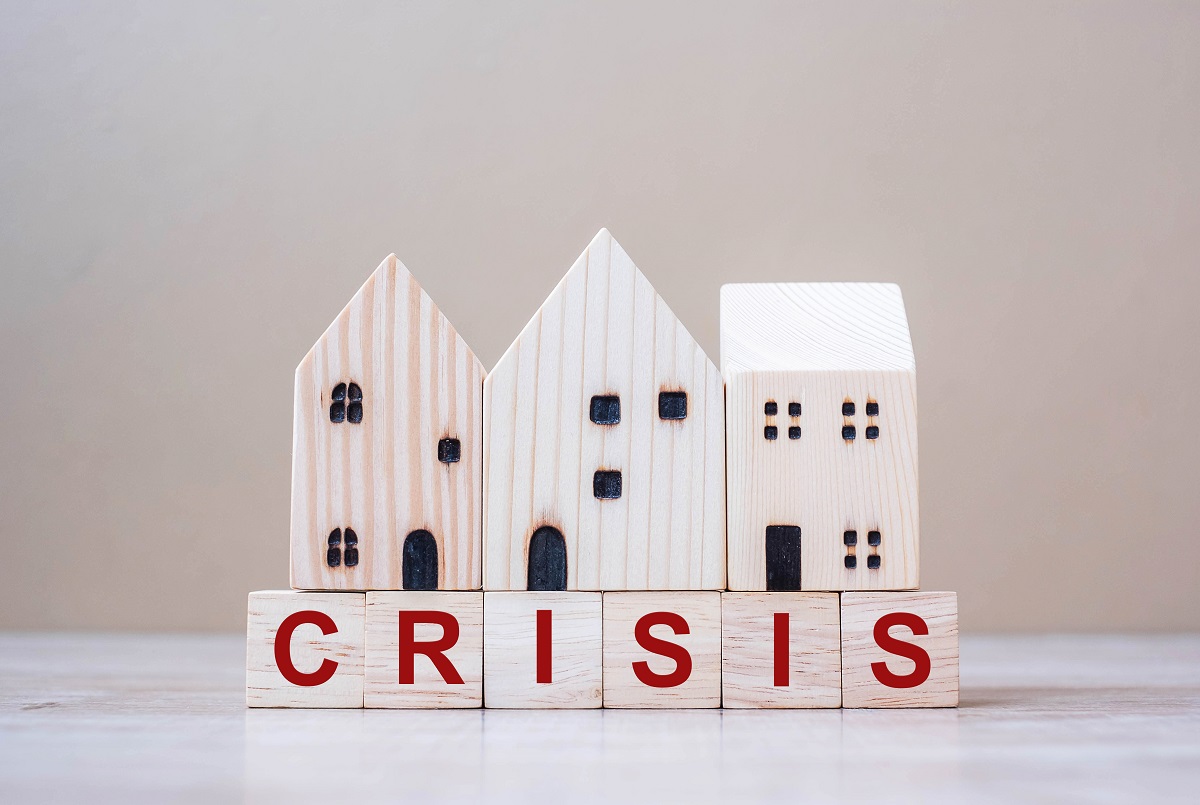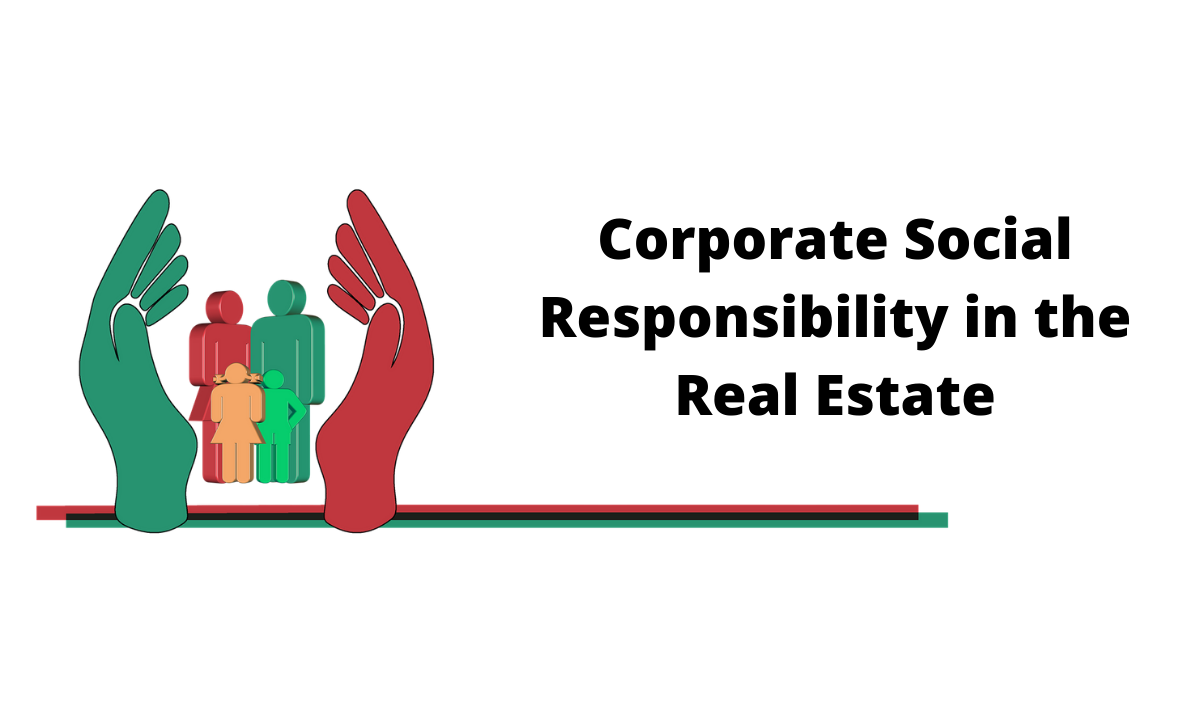In this challenging time where the effects of the pandemic are being felt in every part of the world, the real estate sector has been widely affected.
Countries from all over the world are applying strict and extreme measures to break the chain of CoronaVirus. Currently, India is in the Phase-2 status of COVID-19 which has led to businesses experimenting with digitalization through Work From Home model. There are mixed opinions about the real estate sector in India.
As experts suggest, India is already set for an economic slowdown to a record 11-year low. The lockdown in the country would lead to a further decline as well. Towards the end of the Financial Year 19-20, there were several measures taken by the government to enhance the growth and demand of the real estate sector. However, due to the CoronaVirus spread, there are chances of decreased demand in the realty segment which includes sales, project launches as well as price growth.
Compared to last year, residential property sales have plunged majorly in the first quarter of this year. From 78,510 units in 2019 to 45,200 units in 2020. Even though RBI announced a 75-basis-point repo rate cut bringing it down by 4.4%, the benefits of this are more likely to be seen in the long term.
According to various sources, housing sales declined by an average of 30% in major metropolitan cities. In Mumbai, there was a significant decline of 42% in the sales units and on the other hand, Bengaluru, Pune and Hyderabad’s sales decreased by 25%.
Major reasons for the decline
- Job Security
Many potential homebuyers in the country are also a victim of job instability due to the pandemic. Businesses are being pushed towards scaling down their workforce which leads to a delay in the decision-making process of buyers. They are unsure about their ability to repay a loan and also don’t want to go through the burden of it. - Delay in supply
There is a reduced supply of the construction materials as well as a shortage of labor that can further push project timelines and may also lead to a reduced profit margin. Most of the developers are willing to complete their ongoing projects and are quite skeptical about moving to new projects in the current situation. - Remote working
In the commercial real estate sector, remote working has affected the demand as well as sales. More and more businesses are incorporating a work from the home model as an effort to minimize social contact and reduce the spread of the pandemic. - Retail closures
In the entire country, entertainment venues, malls & real estate are closed down as they can majorly affect the spread of COVID-19. This leads to reduced future demand for commercial spaces.
New project launches are most likely to decrease by 15-20% in the festive season of the first quarter. Homebuyers in India mostly make a purchase around the time of major festivals at this time of the year including Navratri, Akshaya Tritiya, Gudi Padwa and Ugadi. This makes it a potentially profitable time for real estate companies but this year, the festivals were celebrated indoors without any purchases made by the residents of the country.
Other than that, with businesses shifting to digitalization, the real estate sector is also moving to digital platforms for promoting their companies, their projects as well as new launches in the future.
Overall, at this point, the future prospect is very uncertain in the real estate sector. Niranjan Hiranandani, the national president of NAREDCO, states that “Salvaging Indian realty, the second-largest employment generator is critical, not only from the GDP growth perspective but also for employment generation, since the sector has a multiplier effect on 250-plus allied industries.”
Sources: Economic Times, housing.com, Financial Express








